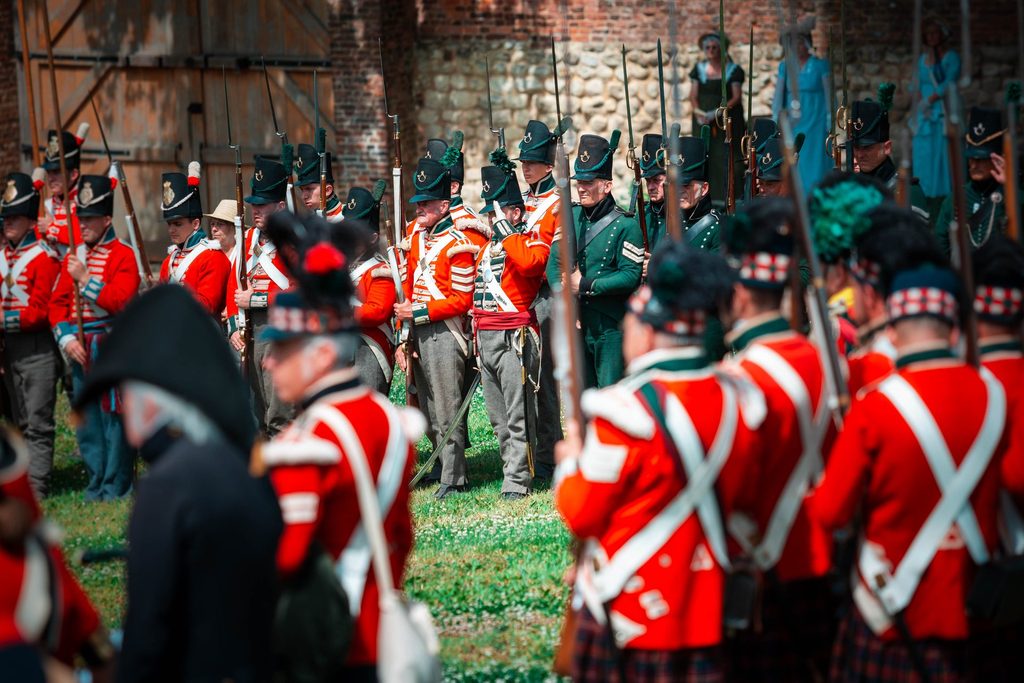Human remains of ten soldiers who died during the Battle of Waterloo in 1815 have been collected and presented by Belgian historian Bernard Wilkin, L'Avenir reports.
He presented his findings at a conference last Thursday, having previously asked people to bring forward any bones they had at home, after a man approached him claiming to have "Prussians in my attic".
The bones he had were analysed and confirmed to have belonged to a deceased Prussian soldier. Further research showed that the remains had been discovered at a site in the Brussels suburb of Lasne in the 1970s before being sold to an English museum.
The discovery convinced Wilkin that former soldiers' remains were scattered in peoples' homes, a belief that was reinforced by another man bringing bones to historians.
These findings, which included a human skull, were identified as the remains of an English soldier, detected on the Lion's Mound hill, an important site of the Battle of Waterloo.
Related News
- Today in History: Napoleon's great defeat at the Battle of Waterloo
- Why Waterloo matters today
- Digging up Waterloo’s secrets
While research is still ongoing regarding the skull, the other bones have been identified and belong to deceased English soldiers.
All 92 bones were confirmed to have been remains of former soldiers of the Battle of Waterloo, which L'Avenir called "the most important discovery for at least a century."

